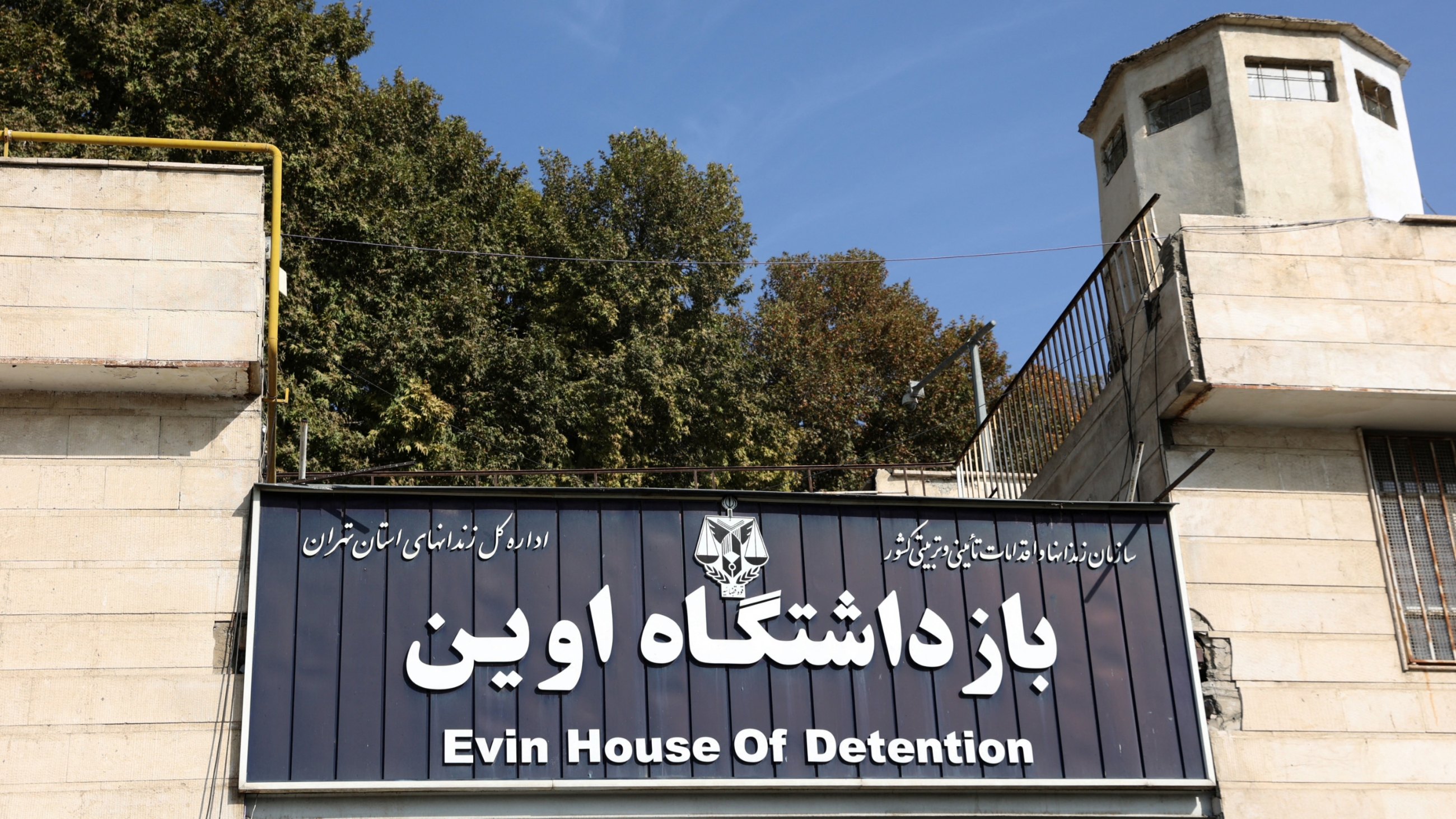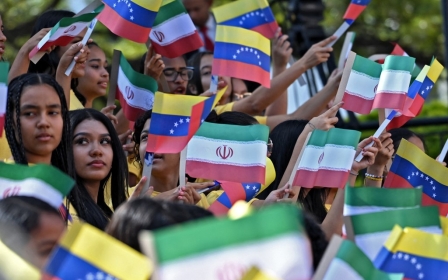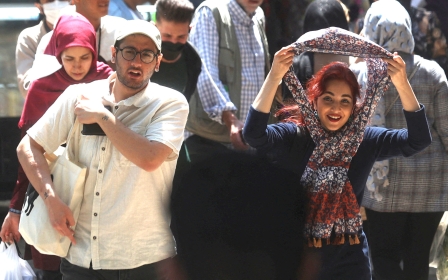Iranian press review: One person executed almost every 12 hours in 2023

Increasing number of executions
The number of executions in Iran surged during the first half of 2023, according to a rights group.
The Norway-based organisation Iran Human Rights says that 354 individuals were executed in the country within this period, at a rate of one execution almost every 12 hours.
This is 36 percent more than in the same period last year.
The report also revealed that only 43 percent of the executions were officially announced by the Iranian authorities, raising concerns about transparency and fair trials.
Stay informed with MEE's newsletters
Sign up to get the latest alerts, insights and analysis, starting with Turkey Unpacked
Among those put to death since January were 122 convicted of homicide; 206 faced charges related to drug trafficking; four were convicted of rape; 10 were accused of political and security offences, including blasphemy; and one was executed on espionage charges.
Human rights groups have repeatedly warned that the Iranian authorities use the death penalty as a tool to suppress dissidents and exert control.
Globally, only China executes more citizens than Iran.
China builds roads in return for oil
The administration of President Ebrahim Raisi has been criticised for plans to send oil to China in return for the country building roads in Iran.
The Arman daily reported on Saturday that during the inauguration of the second phase of a highway connecting Tehran to the Caspian Sea, it was announced that Chinese companies will build the last remaining phase of the highway in exchange for Iranian fuel.
Mohammad Mollazinal, director of highway projects in Iran's Ministry of Roads and Urban Developments, told local media that Tehran had begun negotiations with Beijing for collaboration on road projects.
"The studies related to the third phase of constructing the highway are under progress, and preliminary talks have been done with China to work with them for the engineering parts in return for oil," he was quoted as saying.
China is the leading importer of oil from Iran and buys the heavily-discounted product despite US sanctions.
In July 2020, Iran and China signed a 25-year trade and security deal to develop their economic partnership and bypass the sanctions that target both countries.
The latest deal comes months after Raisi's administration was criticised for agreeing to a similar “gas-for-food” trade with Iraq.
Journalist charged for covering attacks on women
Tehran prosecutor's office has indicted the managing editor of the Shargh daily following the publication of articles on violence and abuse against women.
On Tuesday, the official news agency of Iran's judiciary, Mizan, reported that Mehdi Rahmanian had been summoned to the prosecutor's office twice, but "his responses failed to convince" judiciary officials.
The indictment against Rahmanian was based on allegations of "publishing undocumented and unreal articles about women".
Mizan also quoted Ali Salehi, Tehran's prosecutor, as saying: "The managing editor of Shargh would be tried for disseminating lies with the intention to disturb public opinion."
Among the articles presented as evidence by the prosecutor were three pieces. The first article discussed the increasing number of so-called “honour killings” in Iran, citing official statistics and interviews with experts and sociologists.
The second article covered the case of a 10-year-old Afghan girl who was kidnapped and her hair was forcefully cut to be sold in the black market. The third article highlighted the similarities between five cases of women murdered in different cities.
Mizan further accused the Shargh daily of "causing fear among women by publishing undocumented claims and articles".
Warnings over Turkey's influence in Iraq
The recent announcement of a 1200 km railway line connecting Iraq and Turkey has raised concerns about "the diminishing influence of Iran" in the region, according to the Saazandegi daily.
With Ankara being a prominent regional rival of Tehran and Iraq serving as a country where Iran holds significant economic and political influence, this development poses a challenge to Iran's stronghold, wrote the daily on Saturday.
The analysis emphasised that this new railway would sideline Iran from the region's crucial railway and road corridors.
"The connection between the Iraqi port of Al Faw in the Persian Gulf and Turkey would directly undermine the importance of Iran's Bandar Abbas port, which has traditionally served as a link between the Persian Gulf and Turkey," wrote Saazandegi.
The daily also criticised the Iranian government for failing to seize opportunities to expand railway connections with neighbouring Iraq.
"It has been 13 years since politicians announced that a railway would connect Shalamcheh [in Iran] to Basra [in Iraq], but nothing has been done regarding the long-discussed railway project," stressed the daily.
"The project is 32 kilometres and needs a relatively modest investment of $250 million. However, it seems Iraq is neither interested in this project because that could reduce the importance of the Al Faw port in the Gulf," the daily concluded.
*Iranian press review is a digest of news reports not independently verified as accurate by Middle East Eye
Middle East Eye delivers independent and unrivalled coverage and analysis of the Middle East, North Africa and beyond. To learn more about republishing this content and the associated fees, please fill out this form. More about MEE can be found here.






